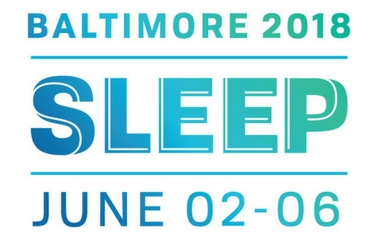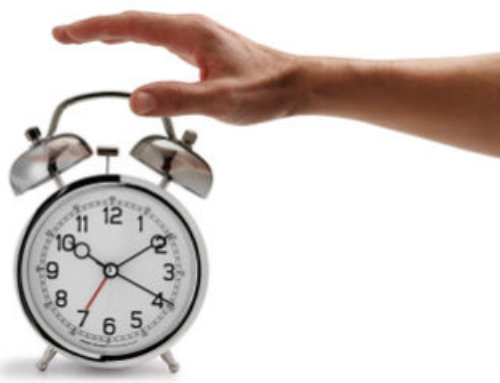BALTIMORE – Pilot data from a recent study suggest that patients with short sleep have over two times the odds of readmission than those with sufficient sleep duration during the month following acute coronary syndrome evaluation.
Short sleep duration has been established as a risk factor for incident and recurrent cardiovascular disease and mortality. This study explored how short sleep duration affects re-hospitalization risk in acute coronary syndrome patients.
Results show that a short sleep duration of less than 6 hours per night at one month was reported by 37.5 percent of patients. There were 123 rehospitalization events in the 30 days after acute coronary syndrome evaluation. Sleep duration was significantly shorter in those experiencing a rehospitalization event versus those without. Patients with a short sleep duration were two times more likely than those with a normal sleep duration to have a 30-day emergency department/hospital readmission.
“Our study shows that short sleep duration in the month following hospital evaluation for acute coronary syndrome is associated with increased odds of early hospital readmission,” said lead author Ari Shechter, PhD, an assistant professor at the Center for Behavioral Cardiovascular Health at Columbia University Medical Center in New York. “This is important, since in our sample, almost 40 percent of patients reported short sleep duration in the month following initial discharge.”
A total of 777 patients were included in the study. They had a mean age of 60 years, and 53 percent were women.
The Reactions to Acute Care and Hospitalization (REACH) study is an observational cohort that enrolls patients during emergency department evaluation for acute coronary syndrome. One month after initial emergency department evaluation, sleep duration was assessed with the question: “On average, how many hours of sleep do you get per night?” Emergency department/hospital readmissions in the month after discharge were identified by contacting patients and reviewing electronic health records.
Binomial logistic regression was performed to test the relationship of sleep duration with an emergency department/hospital readmission event at one month. The analysis controlled for age, sex, race/ethnicity, education, and Global Registry of Acute Coronary Events (GRACE) acute coronary syndrome risk score.
According to Shechter, this data suggest that short sleep duration may potentially be targeted as a modifiable behavioral risk factor for reducing risk of readmission and encouraging optimal health outcomes.
The research abstract was published recently in an online supplement of the journal Sleep and will be presented Monday, June 4, in Baltimore at SLEEP 2018, the 32nd annual meeting of the Associated Professional Sleep Societies LLC (APSS), which is a joint venture of the American Academy of Sleep Medicine and the Sleep Research Society.
This study was funded by the National Heart, Lung, and Blood Institute of the National Institutes of Health.
Abstract Title: Short Sleep Duration Predicts 30-Day Readmission and Mortality in Patients after Evaluation for Acute Coronary Syndrome
Abstract ID: 0870
Poster Presentation: Monday, June 4, 5 p.m. to 7 p.m., Board 126
Oral Presentation: Wednesday, June 6, 8:45 a.m. to 9 a.m., Room 337
Presenter: Ari Shechter, PhD
For a copy of the abstract or to arrange an interview with the study author or an AASM spokesperson, please contact AASM Communications Coordinator Corinne Lederhouse at 630-737-9700, ext. 9366, or clederhouse@aasm.org.
About the American Academy of Sleep Medicine
Established in 1975, the American Academy of Sleep Medicine (AASM) improves sleep health and promotes high quality, patient-centered care through advocacy, education, strategic research, and practice standards. The AASM has a combined membership of 10,000 accredited member sleep centers and individual members, including physicians, scientists and other health care professionals. For more information about sleep and sleep disorders, including a directory of AASM-accredited member sleep centers, visit www.sleepeducation.org.









